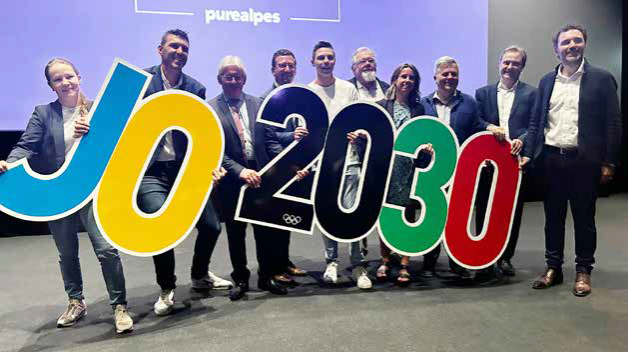The announcement that the 2030 Olympic and Paralympic Winter Games will be held in France has once against thrust the French Alps into the global spotlight. The Games will clearly be witness to spectacular displays of elite-level skiing and other top-flight sports competitions, but behind the scenes, they will also see the future play out for the region’s mountain resorts, infrastructure and local communities. The ski resorts that have been chosen as Olympic venues see the event as a once-in-a-lifetime chance to fast-track their development plans for carbon-free transport and sustainable housing.
The Winter Olympics: an opportunity for the Hautes-Alpes department
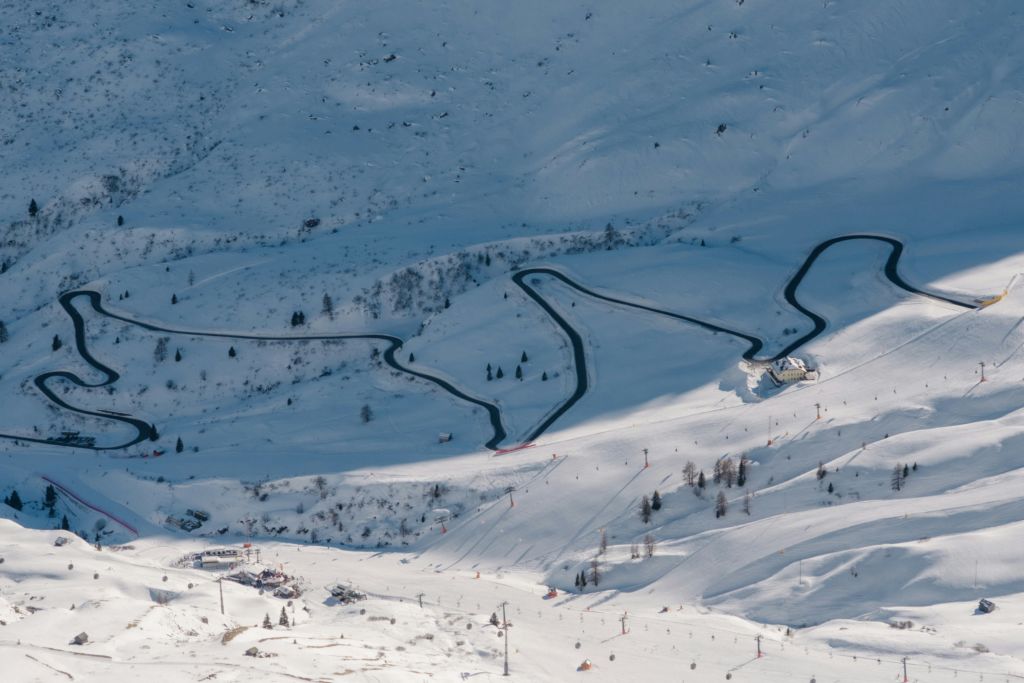
@matteo-badini
After spending so many years languishing in the shadows of the neighbouring Savoie department after it played host to the Albertville Winter Olympics in 1992, the Hautes-Alpes department is now gearing up to host the freestyle skiing and snowboarding events. Arnaud Murgia, Mayor of Briançon, explains:
“We’ve spent the last 30 years telling people that the Winter Olympics were held in Savoie. The 1992 Games were a game-changer for that department, and now we’ve been given the same remarkable opportunity.”
The Hautes-Alpes department is still plagued by a number of challenges, such as its isolated location, the winding roads that twist their way across the mountains, the long rail journeys and the hazards inherent in the local geological structure, so the authorities are nurturing hopes that the Olympic Games will play an instrumental role in:
- Upgrading road and railway access
- Improving the service infrastructure for the Briançon area
- Increasing infrastructure security
The regional authorities, the government and railway operator SNCF are already directing their efforts towards developing an array of solutions, including renovation work on the Veynes railway hub to slash the journey time between Briançon and Marseille from the current 5 hours to 3.5 hours.
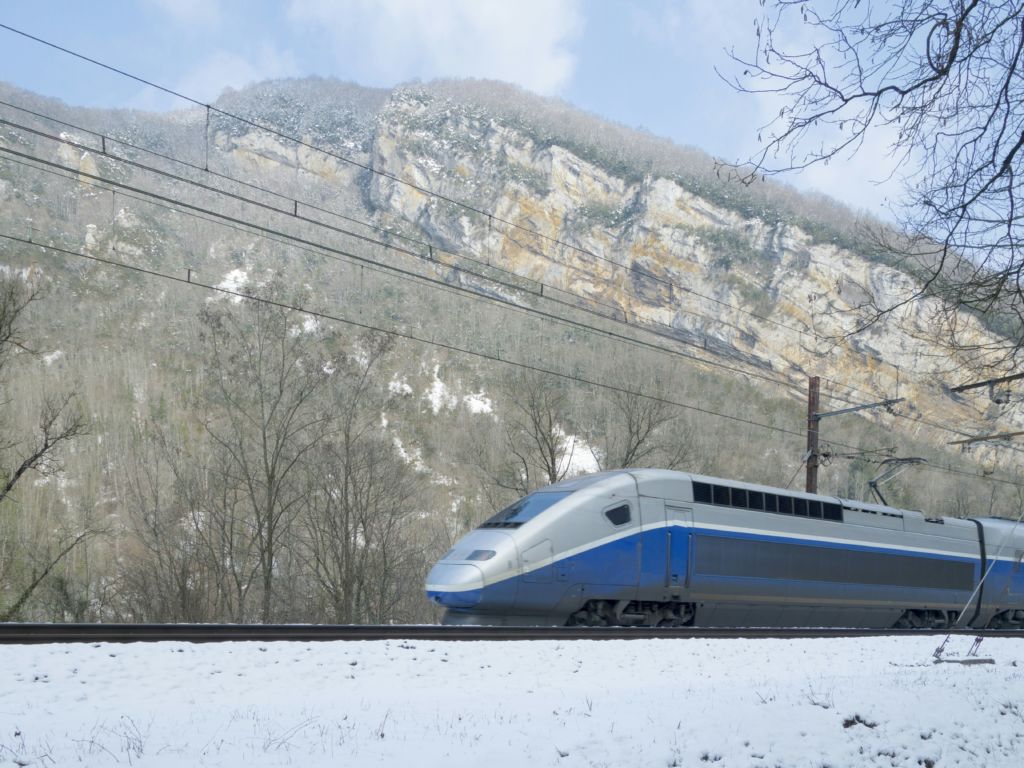
@snap-wander
An Olympic Village with ambitions of improving housing
Housing stands as the other major challenge facing the French Alps. In Briançon,he future Olympic Village will be built at Vauban, an unused fortification site that has long been abandoned by the army. This project aims to solve two main problems. The first is providing somewhere for the athletes to stay, and the second is developing a mixed-use district featuring a blend of housing, shops and services once the Winter Olympics are over. This initiative would deliver a long-lasting solution to the housing crisis that has been causing a headache for both permanent residents and seasonal workers across the Alps.
In preparing for the Olympics, the authorities are also planning to set up carbon-free transport services between the Athletes’ Village and the sites in the Alps staging the skiing competitions, with cable car access and a traffic lane reserved for public transport.
A vision shared by the regional and international communities
Fabrice Pannekoucke, President of the Auvergne-Rhône-Alpes region, firmly believes that the Olympic and Paralympic Winter Games should shine the light for cooperation and build an enduring legacy:
“In today’s world, the Olympic Games should champion responsibility, cooperation and intelligent decision-making.”
He points-out that 93% of the infrastructure is already available, meaning that the Games can be organised with the focus on reducing energy use and protecting the environment. The goal is clearly to leverage the Winter Olympic Games in the French Alps as a driving force for moving the environmental transition forward and setting out a blueprint for the mountain industry of tomorrow’s world by striving to decarbonise transport, lower energy use and attract tourists all year round.
The region’s authorities are also looking to draw inspiration from international Olympic experiences, such as the Games in Salt Lake City (2002, followed by 2034) and Milano Cortina (2026), to usher in prosperity across the Alps. Such cooperation stretches beyond national borders and could pave the way to a real “European Pact for the Mountain Industry”.
Read the full interview in the Innovation Book 2025 published by Mountain Planet, the mountain development exhibition that will be held in Grenoble from 21 to 23 April 2026.
A showcase for France and the world
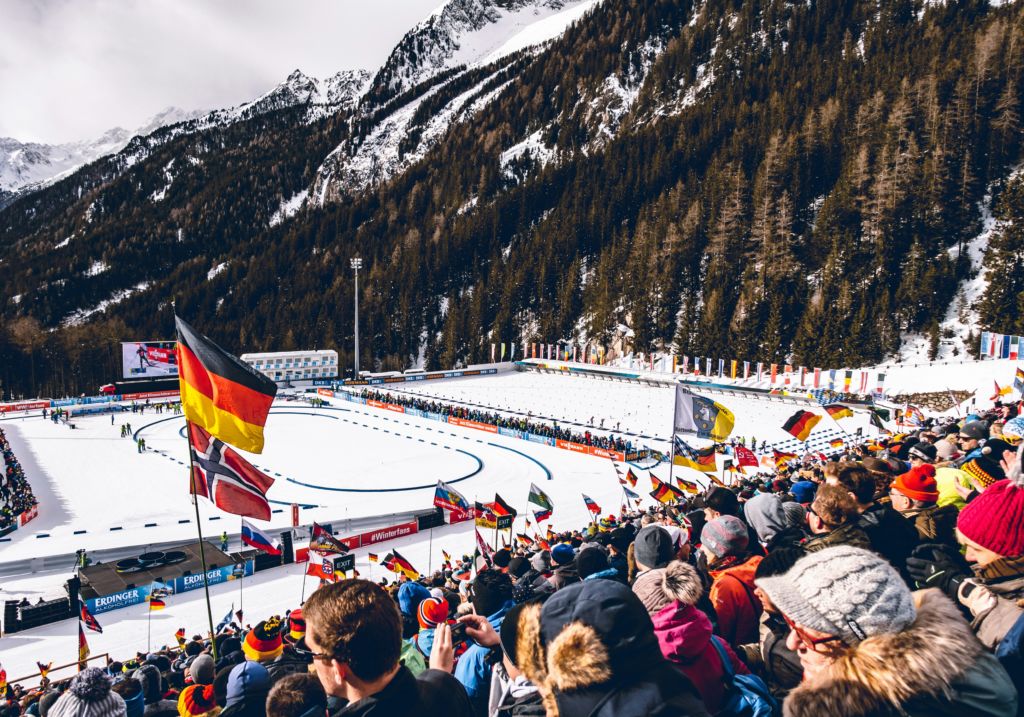
@KD
By connecting such major cities as Paris, Lyon and Marseille to legendary ski resorts across the French Alps (Courchevel, Val d’Isère, La Plagne, Le Grand-Bornand, La Clusaz, Serre Chevalier and Montgenèvre), the 2030 Olympic and Paralympic Games will put France and its winter sports in the international spotlight. France’s hosting of the Winter Olympics is much more than a sports ceremony. It is an event that can ultimately benefit society with the aim of combining Olympic excellence with regional development and environmental protection.
France has every intention of organising an energy-efficient and sustainable Winter Olympics with the ability to generate future prospects for its mountain communities in the Savoie, Haute-Savoie, Hautes-Alpes and Isère departments.
a lire également
Sustainable development

27 May 2024
Eco-responsible tourism in the mountains, for a sustainable future
SUSTAINABLE DEVELOPMENT In April 2024, mountain stakeholders gathered in Grenoble Alpes Métropole, France. At the Mountain Planet trade show, 23,000 professionals exchanged ideas and shared their vision for the present and ...
Sustainable development
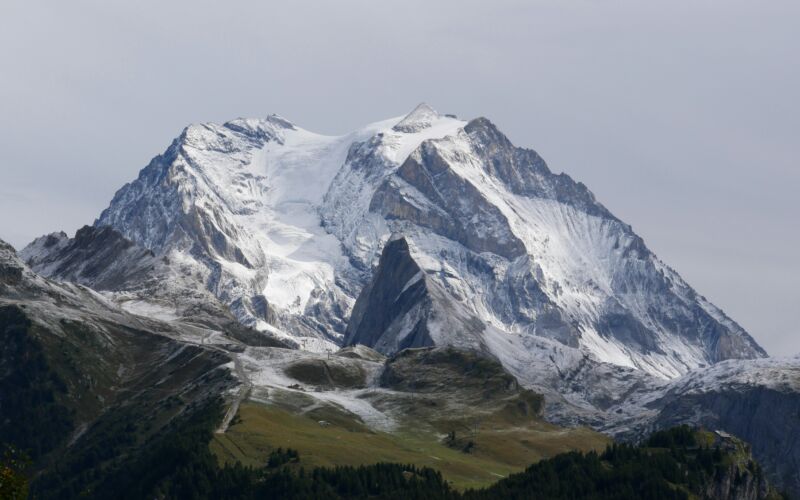
19 January 2026
Green hydrogen in mountain resorts: fuelling snow groomers in tomorrow’s world
High-altitude communities are having to grapple with a seismic change. In other words, global warming is causing temperatures in the mountains to rise faster than the global average. In an ...
Sustainable development

5 March 2025
Decarbonising mountain resorts : challenges and solutions
As the effects of climate change continue to make their presence felt, awareness of the need to set mountain resorts on a decarbonisation pathway has surged in recent years. In ...


